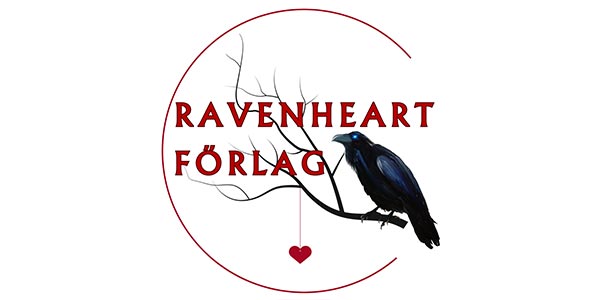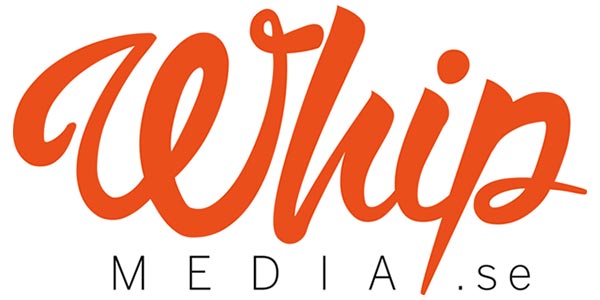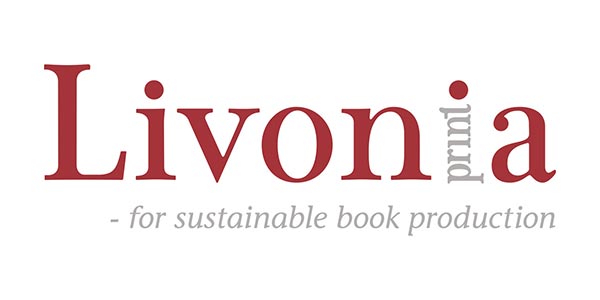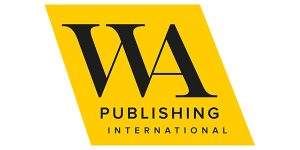
Painting treatments of weather-exposed ferrous heritage : exploration of oil varnish paints and painting skills

| Serie | Gothenburg Studies in Conservation |
|---|---|
| Författare | |
| Förlag | Acta Universitatis Gothoburgensis |
| Genre | Teknik |
| Format | Häftad |
| Språk | Engelska |
| Antal sidor | 227 |
| Vikt | 1218 gr |
| Utgiven | 2021-11-16 |
| SAB | P.015 |
| ISBN | 9789179630836 |
This thesis is about industrial heritage—the protection of ferrous heritage by using anticorrosive oil varnish paints. The purpose of this thesis in Kulturvård and craft research is to provide guidelines, tools, concepts, and models that may be used in anticorrosive oil varnish painting maintenance of ferrous heritage. This is needed in in order to improve maintenance interventions and working descriptions. The methodology is a holistic, multiple methods approach; involving methods that collect quantitative and qualitative data to enlighten the phenomena from different views and exemplify different types of quality assessments of substrates, paints, craft skills, and final results. The research is characterised by an insider perspective of the craft and paint materials. The maintenance could be improved by systematic anamnesis, diagnosis, therapy, control, and monitoring. Tools for assessing the status of existing paint layers, a matrix for the specification of working procedures, and critical quality control of checkpoints and tools are provided. The paint types in focus are fat oil varnish paints, especially the so-called armour paint, used from the 1920s until the 1960s. The armour paints have long durability, and the concept of the paint system is explained in the research in terms of origin, formulation, use, and characteristics. Armour paints produced with the guidance of historical recipes are aged naturally in Southern Sweden and in accelerated, standardised laboratory tests compared to historical paint samples. Moreover, sensory profiling of drying oils and varnishes has been conducted by the using of methods common in sensory studies in the field of food and beverage and a vocabulary for sensory quality assessments and communication is initiated. Improved communication methods could be used in practice and education, and to highlight the importance of craft skills and evidence-based experiences for the final results.
Parts of work
Paper I: Källbom, A., and Almevik, G. (2020). Maintenance of Painted Steel Sheet Roofs on Historic Buildings in Sweden. International Journal of Architectural Heritage, 14(9). pp. 1-16. visa artikel
Paper II: Källbom, A (2021): The Concept of Anticorrosive Aluminium-Pigmented Armour Paint, for Sustainable Maintenance of Ferrous Heritage. International Journal of Architectural Heritage, 14(10). pp. 1–19. visa artikel
Paper III: Källbom, A., Izzo, F., & Nevin, A. (2021). Multi-analytical Assessment of Armour Paints: The Ageing Characteristics of Historic Drying Oil Varnish Paints for Protection of Steel and Iron Surfaces in Sweden. Heritage, 4(3). pp. 1141–1164. visa artikel
Paper IV: Izzo, F. C., Källbom, A., & Nevin, A. (2021). Multi-analytical Assessment of Bodied Drying Oil Varnishes and their use as binders in Armour Paints. Heritage, 4 (4). Pp. 3402-3420; visa artikel
Paper V: Källbom, A. (2020). Using profiling methods to develop the sensory vocabulary of architectural painters who use linseed oils. Book chapter in Anthology Craft + Science. Gothenburg: Kriterium, Acta Univeristatis Gothoburgensis. In press.
Paper VI: Källbom, A, Nilsen, A., & Örstrom, Å. (2018). Olfactory description for refined linseed oils for paints: Characterization for reconstructing material and craft skills in paintmaking. Journal of Sensory Studies, 34(2), pp.1–10. visa artikel






















